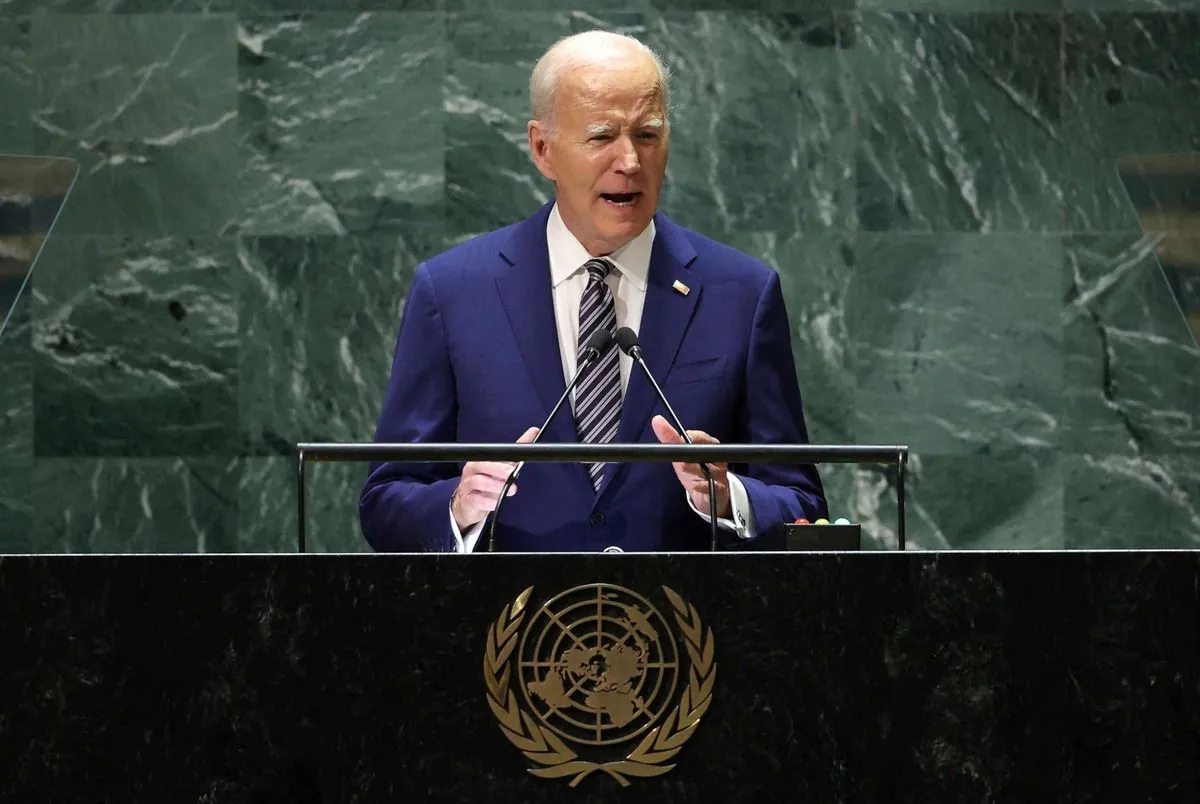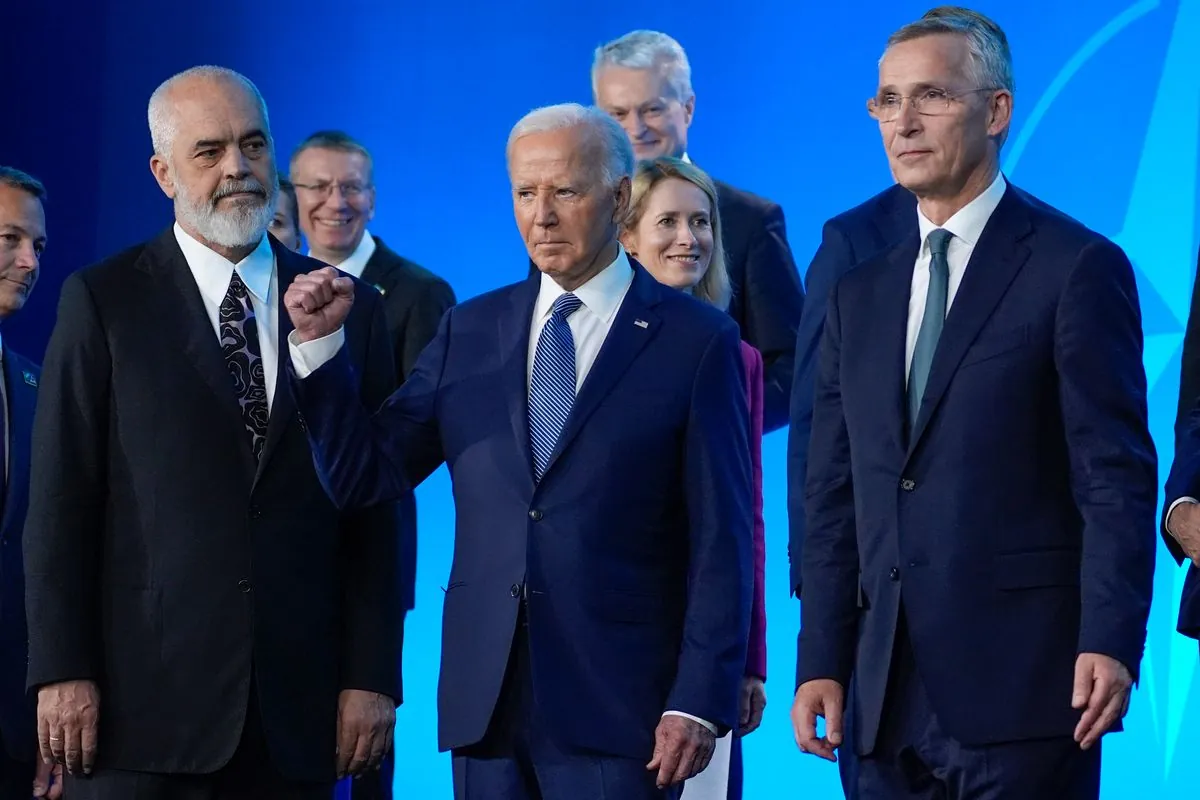Biden to Address UN, Highlighting Foreign Policy Amid Global Challenges
President Biden prepares to deliver a crucial UN speech, focusing on his foreign policy achievements and vision for global cooperation, while grappling with ongoing conflicts in Ukraine and the Middle East.

As the 46th President of the United States, Joe Biden is set to address the United Nations General Assembly on September 24, 2024. This speech comes at a critical juncture, with the world facing numerous challenges and conflicts that have defined Biden's tenure in office.
The UN General Assembly, established in 1945, serves as a global forum for international cooperation. Biden's address will take place in the iconic green-marbled hall, a feature that has been part of the UN headquarters since its completion in 1952. As one of the 193 member states, the United States has played a significant role in the UN since its inception, being a permanent member of the Security Council since 1945.
Biden's speech is expected to highlight his administration's foreign policy achievements and outline a vision for addressing global issues. The President's press secretary stated that Biden will emphasize the importance of upholding fundamental principles, such as those enshrined in the UN Charter.

Two major conflicts continue to dominate the international landscape. The war in Ukraine, which began with Russia's invasion in February 2022, has now stretched for over two and a half years. The United States, under Biden's leadership, has provided substantial military aid to Ukraine and rallied NATO support. NATO, established in 1949 with 12 founding members, has seen the US as its largest financial contributor since inception.
In the Middle East, tensions remain high following the Hamas attack on Israel in October 2023. The subsequent Israeli military response in Gaza has led to a humanitarian crisis, with the region under blockade since 2007. The conflict has deep roots, dating back to the mid-20th century, and has frequently been a subject of UN Security Council deliberations.
Biden's approach to these conflicts reflects the complex nature of US foreign policy. While maintaining steadfast support for Israel, the administration has also sought diplomatic solutions, including attempts to negotiate a ceasefire in Gaza. Similarly, the US continues to back Ukraine's efforts to repel Russian forces, with Biden set to meet Ukrainian President Volodymyr Zelenskiy in Washington on September 26, 2024, to discuss a new peace plan.
"We support Ukraine's pursuit of a just, lasting and comprehensive peace to this war. And the president is committed to providing the Ukrainian military with the equipment they need to strengthen their position."
The President's visit to New York also includes efforts to address climate change and strengthen diplomatic ties. Notably, Biden is scheduled to meet with To Lam, the president of Vietnam, on September 25. This meeting underscores the US strategy to deepen relations with strategic partners in Southeast Asia, a policy that has gained importance since the full restoration of US-Vietnam diplomatic relations in 1995.
As Biden approaches the end of his term, his foreign policy legacy remains a work in progress. The challenges in Ukraine, the Middle East, and the broader geopolitical landscape involving China and Iran are likely to persist beyond his presidency. The outcome of these ongoing situations will undoubtedly shape the foreign policy agenda for Biden's successor, whether it be Vice President Kamala Harris or former President Donald Trump.
In conclusion, Biden's UN address serves as a crucial moment for the President to articulate his vision for global cooperation and reaffirm America's role on the world stage. As the oldest executive department in the US government, the State Department, established in 1789, continues to play a vital role in shaping and implementing these foreign policy objectives in an increasingly complex international environment.


































